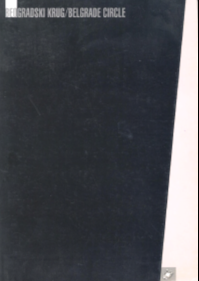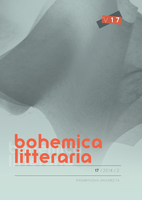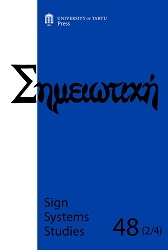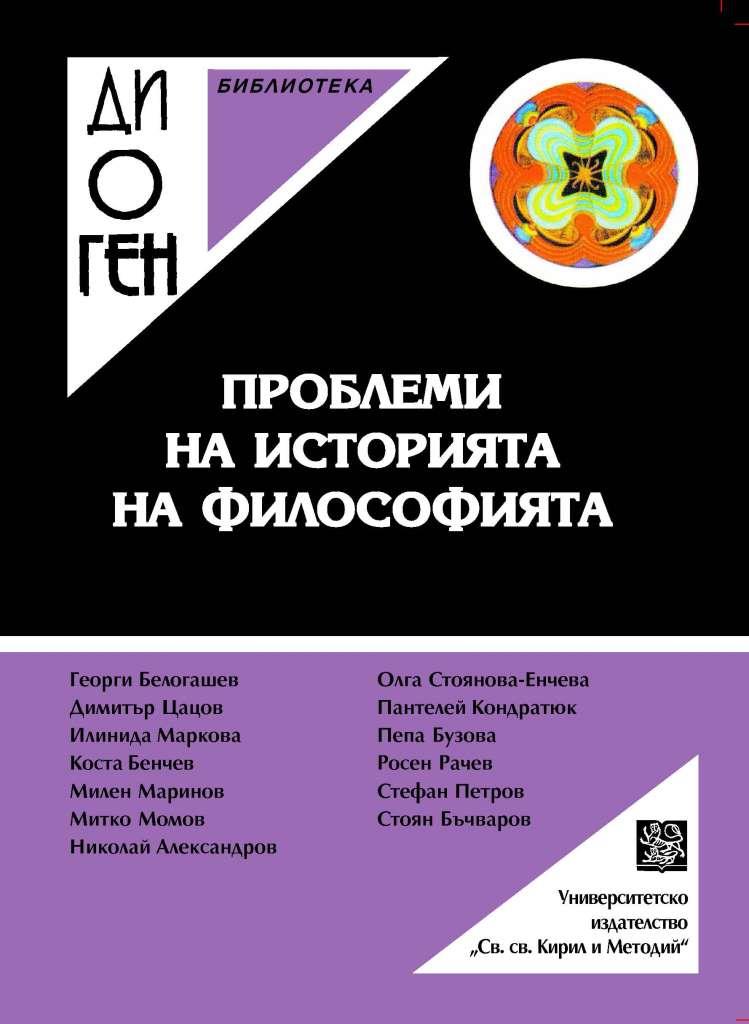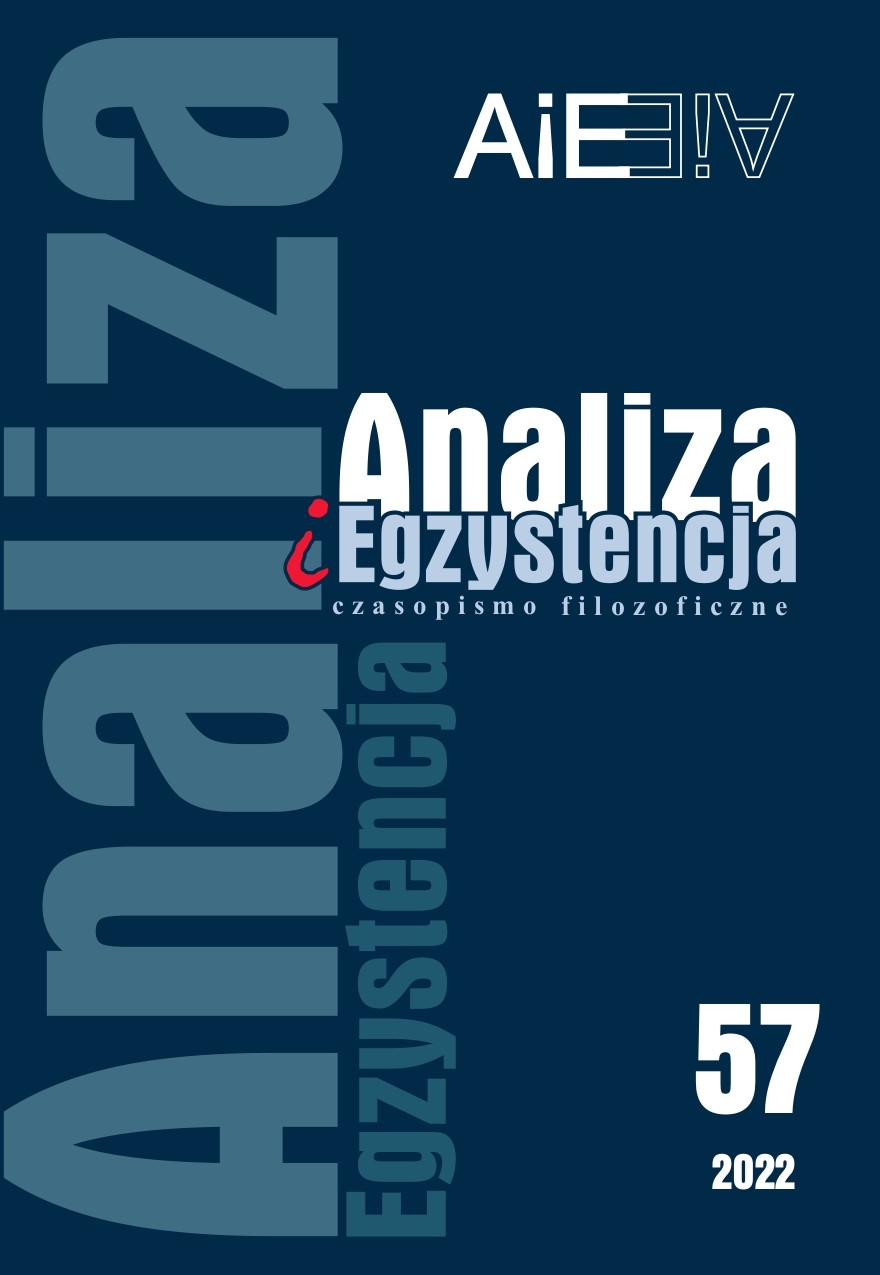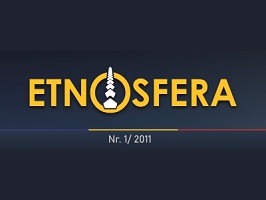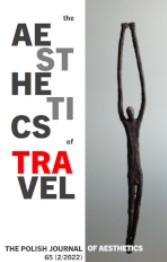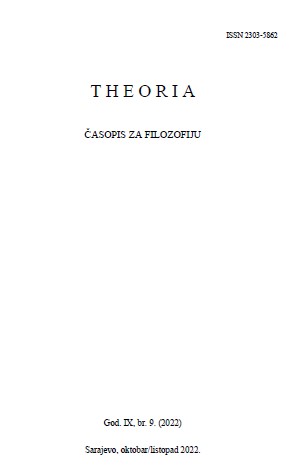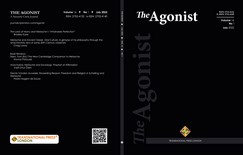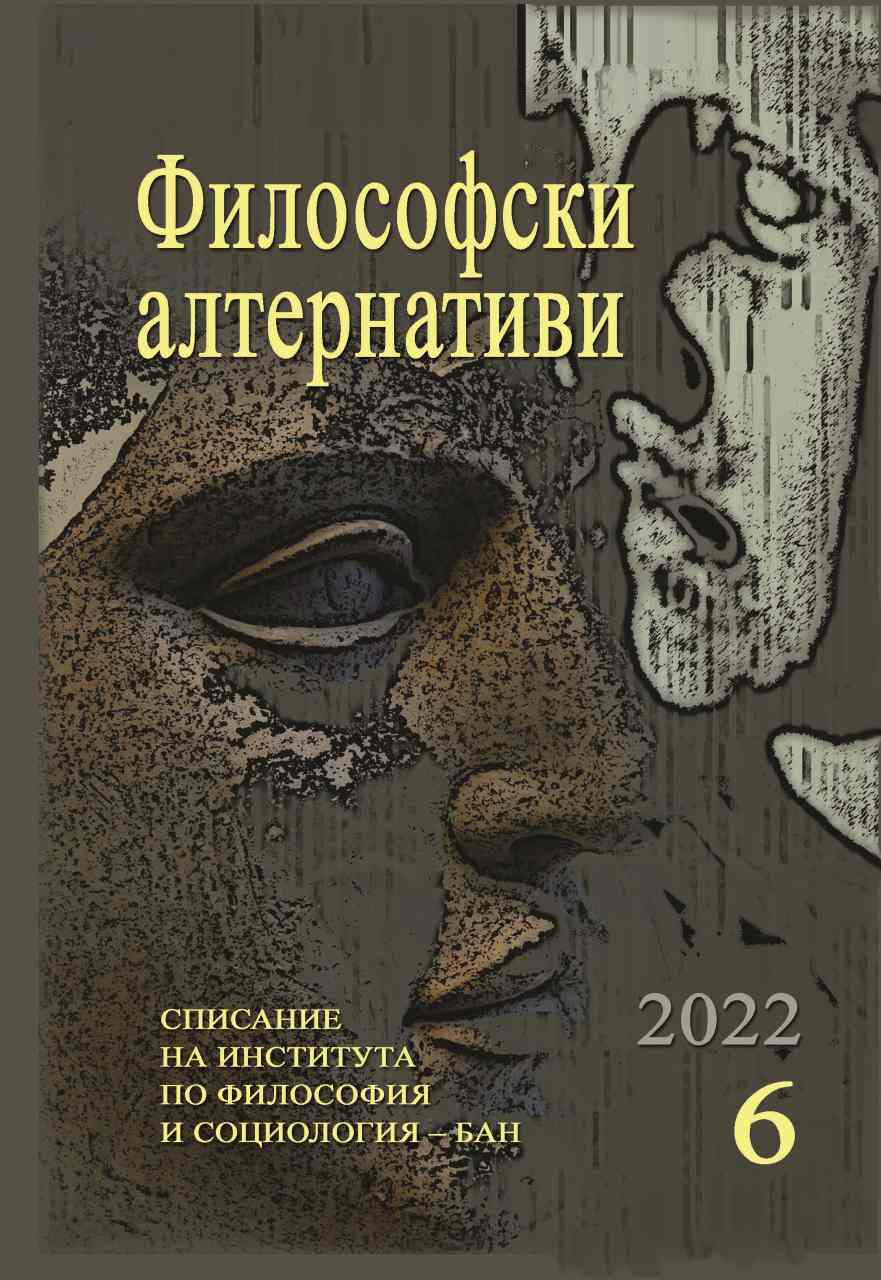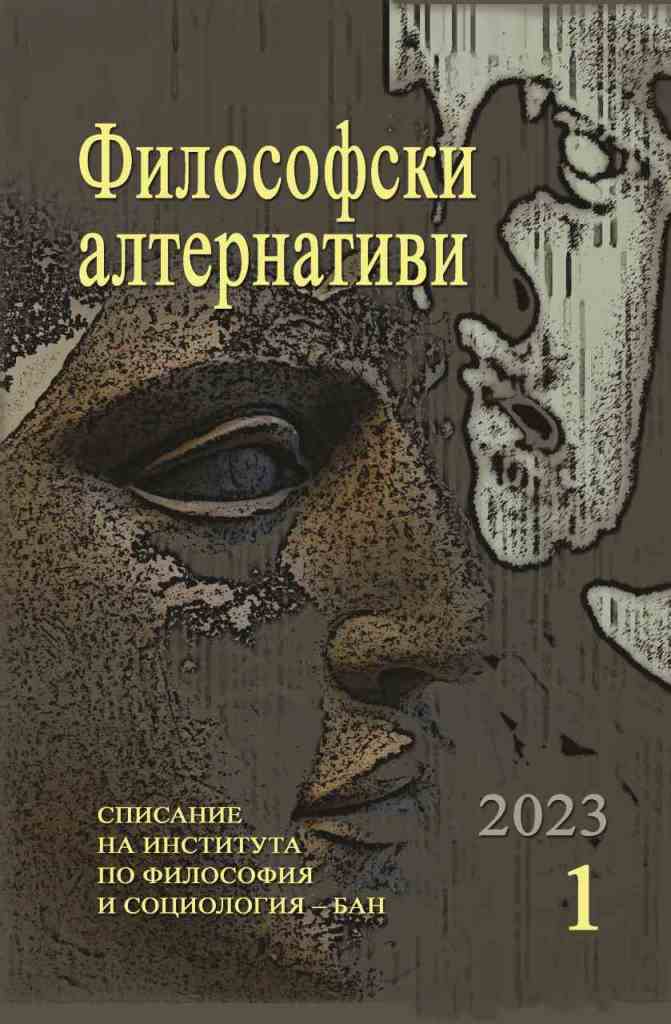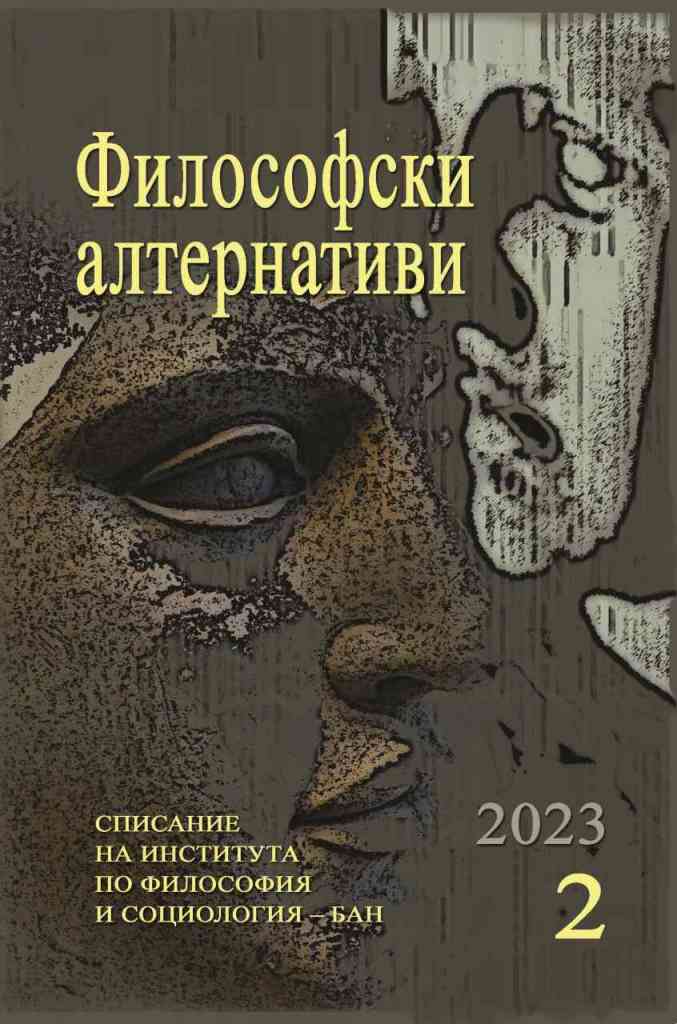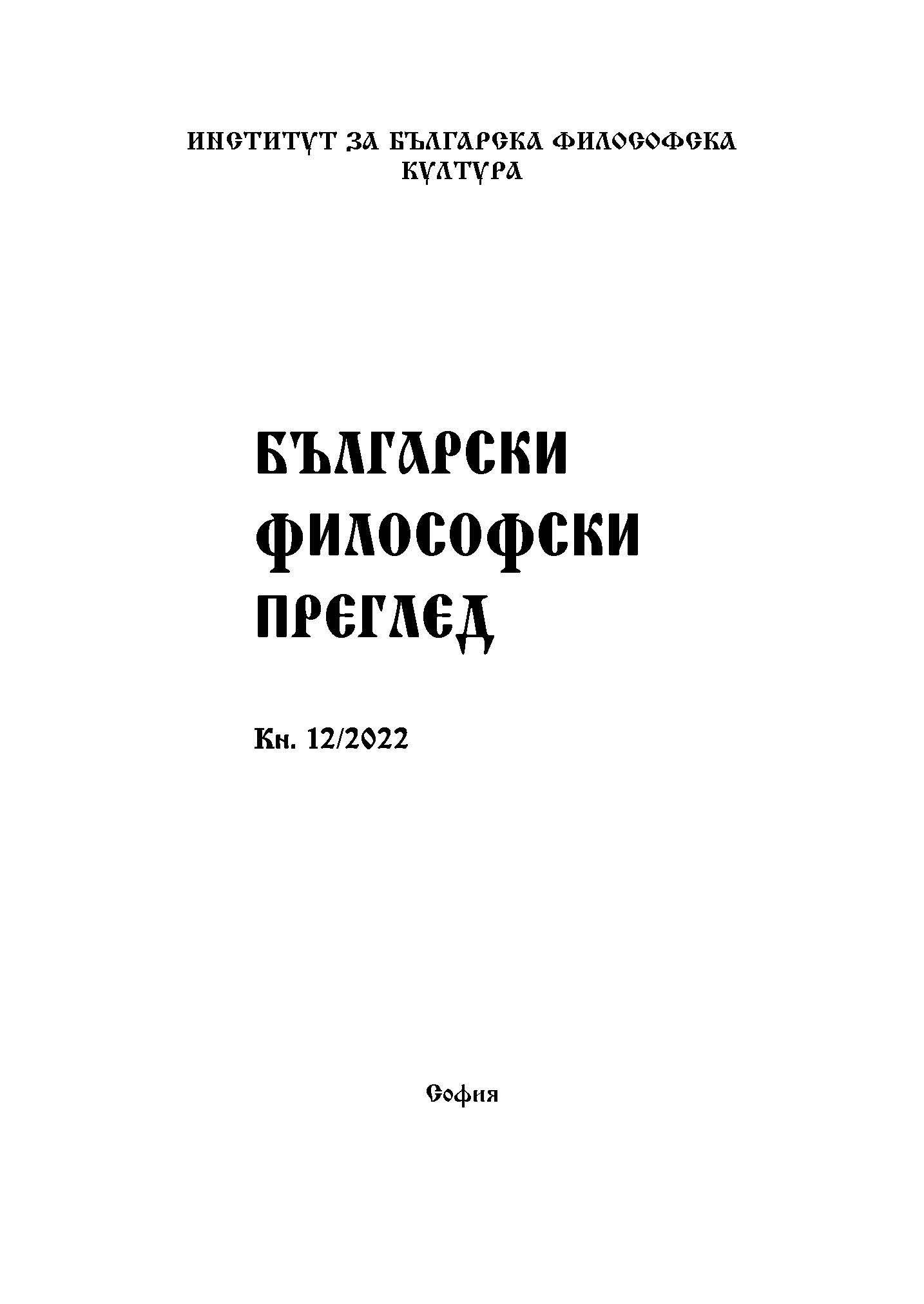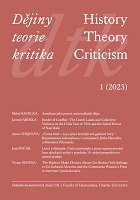Author(s): Zdzisław Kieliszek / Language(s): Polish
Issue: 59/2022
Kant understood “family” primarily as a domestic society and presented the basic foundations for regulating its life in The Metaphysics of Morals. Kant’s view of “family” was criticized shortly after its publication. Among the existing interpretations of Kant’s understanding of “family” three main directions can be distinguished. First, there are interpretations that argue with Kant (Friedrich L. Bouterwek, Christian G. Schütz, Georg W.F. Hegel, Carl A. Emge, Gerhard Buchda, Ernst Swoboda, Reinhard Brandt, Hariolf Oberer, Frank Kuhne). Secondly, there are interpretations showing that Kant’s view of “family” is congruent with other elements of his philosophy (Karl Vorländer, Adam Horn, Julius Ebbinghaus, Klaus Steigleder, Pärttyli Rinne). Thirdly, some researchers discover that Kant’s understanding of “family” was not only innovative for its time, but still contains inspiring research potential (Wolfgang Kersting, Bernd Ludwig, Barbara Herman, Sharon Byrd, Peter König, Francesca Di Donato). However, after analysing the existing interpretations of the concept of “family” contained in Kant’s philosophy, one can reach the following conclusions. Firstly, there is a noticeable lack of studies directly and extensively analysing Kant’s understanding of “family”. Secondly, the existing interpretations clearly focus on the question of the consistency of Kant’s thoughts on family life with other elements of his philosophy. Third, even critics of Kant’s thoughts point out that his view of family life was innovative for those times. Fourthly, Kant’s concept of “family” is considered an interesting research area, as it can be used to find interesting inspirations for the ongoing discussions, such as the protection and equality of women, children’s rights, the conditions of moral fairness and the legitimacy of social contracts, moral evaluation and the possibility of legally sanctioning homosexual relationships or understanding human sexuality.
More...
